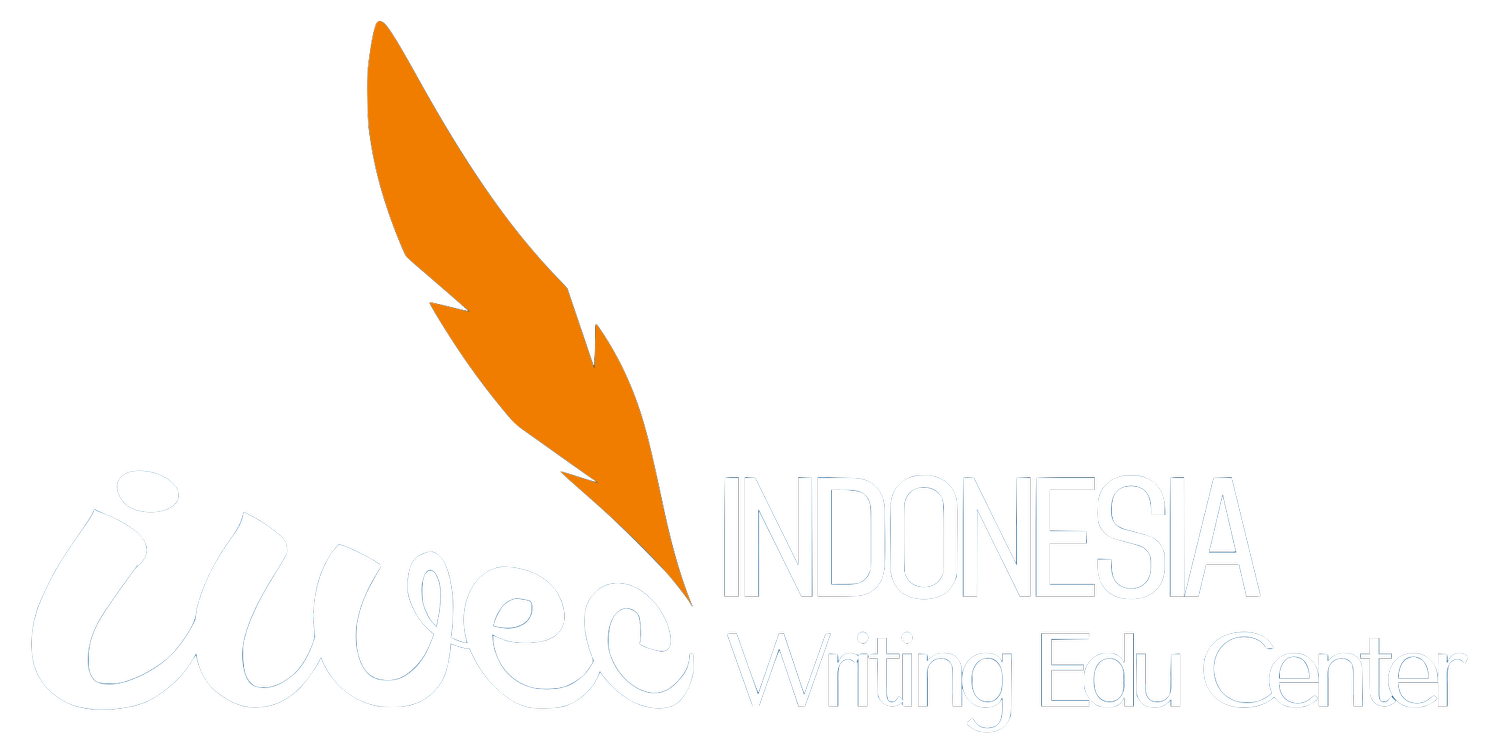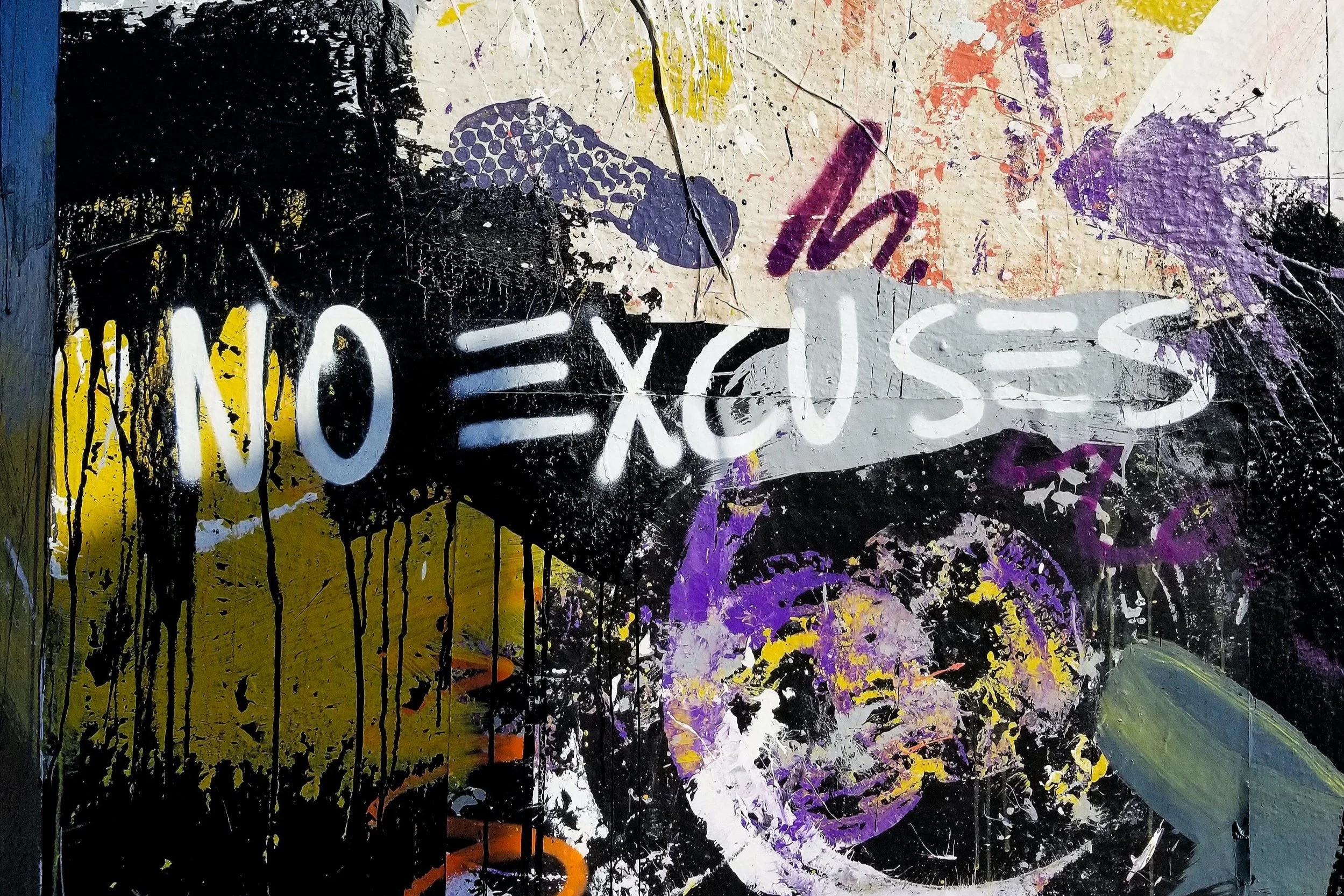Write without regret.
Advanced English Creative Writing Course
for young adults
ages 15-23
Photo by George Pagan III on Unsplash
Overview
In this course, you will be taught the delicate, responsible art, techniques, knowledge and skills required in creative criticism and crafting your own stories. From the standard level of English writing to advanced poetics, you will have a personalised learning experience according to your individual learning and writing style.
As your final assessment, you will be tasked to write a solo novella or short story collection, which may be published with a quality full-colour book cover, professional formatting and editing, printing on quality book paper.
Module Description
-
In this first part of the course, we will study and apply the basic principles of creative writing, such as — but not limited to: punctuation and grammar, paragraph and format, structure, dialogue and narration, figurative and economical language, and research and reference — until consistency is achieved.
Most of this part will involve application in many short fiction pieces. Little to no external reading is required.
-
In this part we will study critical world-building by understanding society and the anthropocene through a wide range of topics: politics of movement and identity, the philosophy of thinking, living and death, reactions to violence, class and racial divisions, and anthropology of disability and difference.
As Kali Wallace wrote, “To know what it means to raise the dead, we have to know what it means to be dead. To know what it means to act against what is considered decent and upright, we have to know how morality is defined. To know what it means to be a war hero or a war criminal, we have to know what is considered acceptable in war. All of those things are worldbuilding.”
Compulsory reading: ‘Order, Order’ by Preti Taneja, ‘After Dinner’ by Ham Chŏngim, ‘The Dead’ by James Joyce, ‘Forgiveness’ by Sara Stridsberg, and ‘See’ by Erika Kobayashi.
-
It is crucial to perceive and treat your character as a person, to interrogate not only the personal and intrapersonal space of their identity, but also the socio-political contexts by which their identity is influenced and designated. Some areas overlapping with ‘Society and the Antropocene in World-building’, this part of the course dissects the numerous interpretations, experiences, socio-political ambiences and contexts which define disability, gender, sexuality and faith. We will explore what composes and guards the disciplines of freedom and oppression, care and violence, feeling and unfeeling, crime and morality.
Compulsory reading: ‘With Care’ by Khairani Barokka, and ‘Free and Unfeeling’ by Travis Chi Wing Lau.
-
Stories are not only about the content — the plot and characters. For years, they’ve always hinged upon words, the language one spins out of air. To prompt feelings and memorability, sensory writing grounds the reader to the material world, emotive writing stirs sympathy, and rhythm weaves a certain tone and mood through the story.
In this part of the course, we will observe and analyse texts which utilise what are called ‘poetics of the body’ in an endeavour to convey the varying degrees of memory, desire, fear and pain. We may also engage in somatic exercises and psychoanalyses.
Texts* which will be analysed may include: ‘Tokyo Ueno Station’ by Yu Miri, ‘Minor Detail’ by Adania Shibli, ‘Unexpected Vanilla’ by Lee Hyemi, ‘On Earth We’re Briefly Gorgeous’ by Ocean Vuong, ‘Happy Stories, Mostly’ by Norman Erikson Pasaribu.
*Texts may be different each cohort.
-
Human affairs have always been entangled in relations. While a greater goal is capable of unifying people to pursue it — just as in Avengers — in society many of our imperatives and relationships end up conflicting. Each choice and decision one makes, sets off a ripple effect that impacts the people around us in various ways personally, or a devastating chain reaction.
Analysing and understanding the consequences of every action, thought and emotion absorbs readers into the emotional fabric of the story, and sharpens our awareness of the society and environment around us.
Compulsory viewing: ‘The Untamed’ (2019) and ‘Mo Dao Zu Shi’ (2015).
Optional reading: ‘Tomb of Sand’ by Geetanjali Shree.

